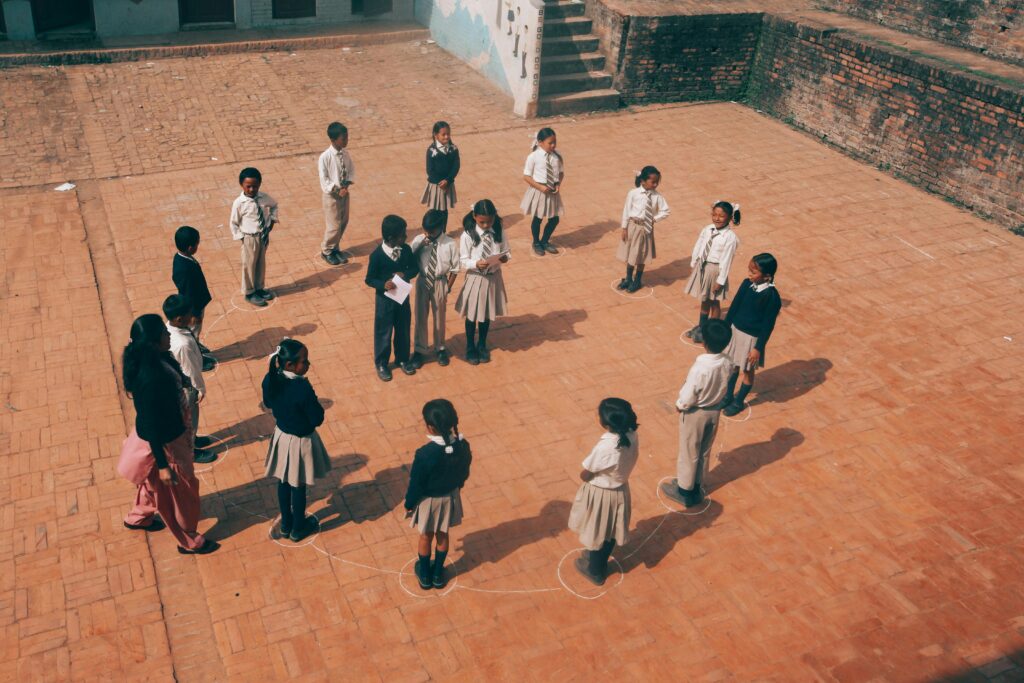By Tiffany Duran
As someone who struggles with anxiety, I often think about what could be causing my anxiety to occur and what behaviors to avoid that otherwise raise my anxiety levels. Most recommendations say avoid behaviors like drinking caffeine or being exposed to stressors. Recently there has been a high emphasis on decreasing social media use to decrease personal problems such as anxiety. However, current studies also show factors other than social media use that can increase these personal problems.

Mehmet Turgut Kirkgoz through Creative Commons License
Iannattone et. al surveyed 721 Italian students (466 girls and 250 boys) ranging from 6th grade to 9th grade,. looked to explore the link between 5 main concepts:
- Boredom
- Problematic social media use
- Emotional dysregulation
- Internalized problems (anxiety, depression)
- External problems (substance use, rule-breaking-behavior)
They theorized that:
- High emotional regulation difficulties were directly related to high levels of internalizing and externalizing problems, as well as to high levels of boredom and problematic social media use
- High levels of boredom and problematic social media use predicted high levels of internalizing and externalizing problems
They found that those who had higher rates of emotional dysregulation were more likely to experience boredom, and those that experienced boredom were more likely to have problematic social media use and internal and external problems. They suspect that children use social media as a way of emotional regulation, as it offers immediate gratification and relief from negative affective states. Their findings suggest that those who have emotional regulation difficulties have a hard time handling boredom, which may lead to them using social media as a regulator. High emotional regulation difficulties give way to problematic social media use which may increase internal and external problems.
Acknowledging this connection between boredom, problematic social media use, and internal and external problems will help us understand the underlying reason behind personal problems such as anxiety. Recognizing our own emotional regulation difficulties may help explain the internal or external problems we experience. Instead of painting social media use as the bad guy causing all our problems, perhaps we should look more inward and take responsibility for our inability to properly handle our own emotions and behaviors, ulimately changing the approach to problems we face.
Iannattone, S., Mezzalira, S., Bottesi, G. et al. Emotion dysregulation and psychopathological symptoms in non-clinical adolescents: The mediating role of boredom and social media use. Child Adolesc Psychiatry Ment Health 18, 5 (2024). https://doi.org/10.1186/s13034-023-00700-0
